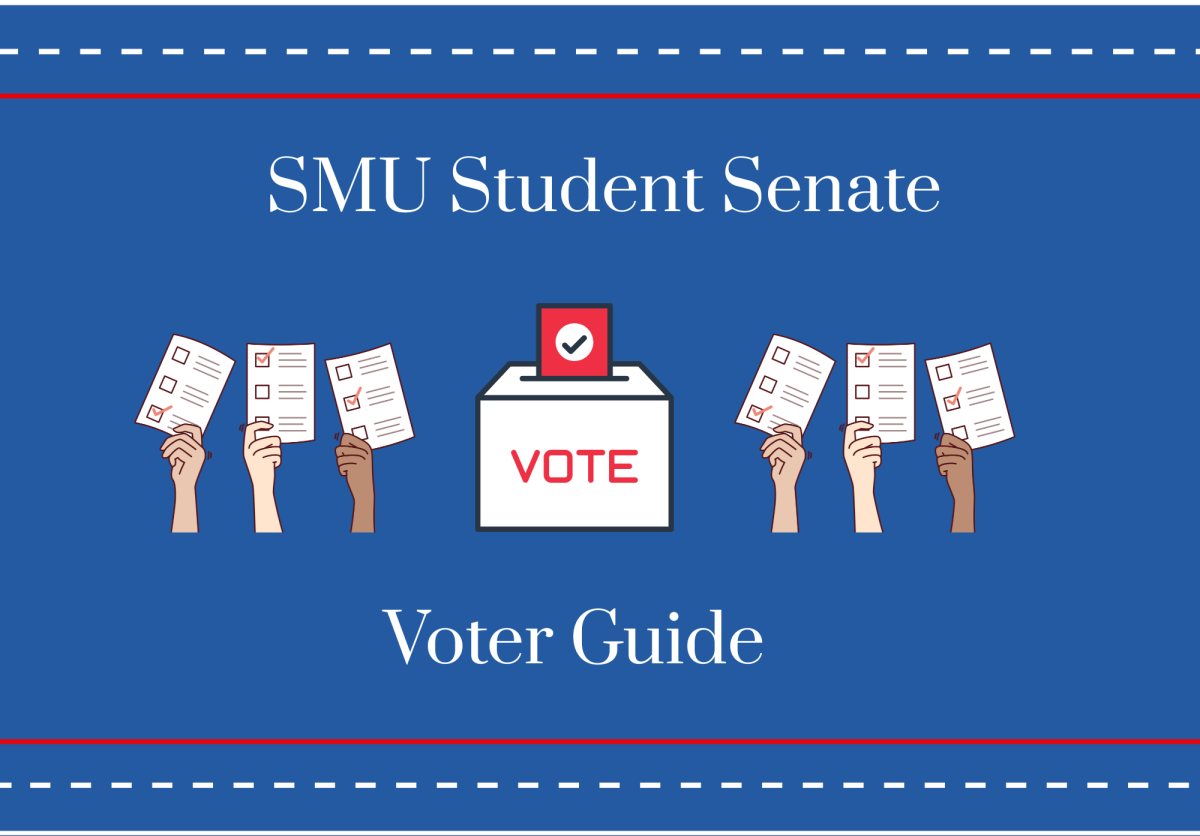By Jessica Bryant
La’Keisha Adams roams the toiletry aisle of the CVS on Mockingbird Lane. While shopping with a friend on a Saturday afternoon, she receives a text message from her brother asking if she could pick up deodorant for him. She quickly types out “sure” and begins to look for a brand to choose. While scanning items, something suddenly catches her attention.
“You’ve got to be kidding me,” said Adams. “Do you see this?”
Her friend, Lauren Gonzalez, has no clue what she’s referring to and gives her blank stare. Adams picks up a bottle of Dove deodorant and points to the other items on the shelf.
“This is the same exact deodorant, but the one for men is $5.79 and the one for women is $7.29,” said Adams.
“But why,” questioned Gonzalez. “That makes no sense.”
Gonzalez is asking the same question many others have been asking for years: why are women paying more money than men for the same exact products?
This phenomenon is better known as gender price discrimination. This is where companies charge different rates for individuals based upon their gender.
Gender price discrimination is not limited to toiletries like in Adams’ case. Haircuts and dry cleaners are also common examples of services where women are charged differently than men.
Dry Clean Super Center Uptown in Dallas charges $1.39 for the laundering of men’s shirts and $3.15 for the laundering of women’s blouses. Other dry cleaners in the Dallas area list the same prices for men and women, but prices will vary when you walk into the building. Dry cleaners around the country have often justified the differences in prices by claiming that the laundering of women’s blouses is actually more expensive and takes more work due to size of clothing and the pressing machine. George Washington University law professor and legal activist John Banzhaf, who has done extensive work in this area while teaching public interest law, says to be wary of that response.
“Most dry cleaners have adopted a standard test of if it’s brought in by a woman they charge a higher rate, or if it’s brought it by a man a lower rate,” said Banzhaf. “So you actually have this weird situation where depending on who brings it in, that’s the price that gets charged, which makes no sense at all.”
Due to the work of Banzhaf and his law students, every dry cleaner in the District of Columbia is required to charge men and women equally for the laundering of shirts as long as the shirt fits within standard size requirements.
It is important to note that gender price discrimination does not only affect women. Ladies’ Nights are another popular form of it in the Dallas area. Ladies’ Nights have been banned in California and New Jersey due to unfairness. In Dallas, an individual is likely to come across one at multiple clubs or bars every weekend.
Pricing discrimination is not just a problem in the United States. In France, a group that goes by Georgette Sands started a blog called Woman Tax to highlight the different ways women are charged throughout the country. The blog also posts photos of price discrimination in other countries.
Though the prices usually differ between $1.00-$3.00, in some cases it is more than that. For example, L’Oreal Revitalift for men is $9.00 less than the company’s Revitalift for women product.

In some cases, the same exact product that has been dyed pink and is implied to be for women, girls, or even infant baby girls will be more expensive. The pen company Bic has faced criticism about doing this ever since the release of their Bic For Her pens in 2012. At the CVS on Mockingbird Lane, the pack of one pink pen and one purple pen costs $5.79 whereas the standard price for a pack of two Bic ballpoint pens is $3.19.
Adams is not the only one to pick up on this while shopping in her hometown of Dallas.
“I want to snap when I see a cheaper razor in the men’s section,” said SMU student Rebecca Ward. “Unless they’re better razors it’s not fair.”
What many people, including Adams and Ward, are unaware of is that gender price discrimination is prohibited in some states. New York, California, and Florida have all outlawed it and issue fines to those companies that charge individuals based on their gender. However, according to Michael Cone, an administrative, customs, and international trade lawyer, beyond those few states there is no law or rule against it. And it is clear how prominent it is in Dallas.
“When I really think about it it’s something I’ve noticed before, even before shopping with La’Keisha that day,” said SMU student and Dallas native, Gonzalez. “It’s just something I’ve never questioned. It’s feels like the norm.”
Gonzalez is not the only one to look at the situation this way. Some women may be bothered by the issue, but will not always find the will to care or work toward changing things as they are.
“I’ve never really wondered why, and I honestly don’t have the time to care,” said Ward. “But it is frustrating to see.”
Banzaf explains that one of the reasons companies are able to get away with pricing discrimination is because women are willing pay the higher price.
Though there are many people that take the same stance as Ward, others are working toward fixing the issue through the use of exposing these ways on social media. Instagram accounts such as Pink Tax are dedicated to this exposure. Twitter users use the hashtag “pinktax” as another way to show the differences in prices in stores.
“It’s something that people have to stand up and complain about to get it changed,” said Cone. “And people are complaining. It the past year the awareness is really increasing.”
Adams slams the bottle Dove deodorant for men back on the shelf. She mutters to herself, “he can buy his own freaking deodorant.”









